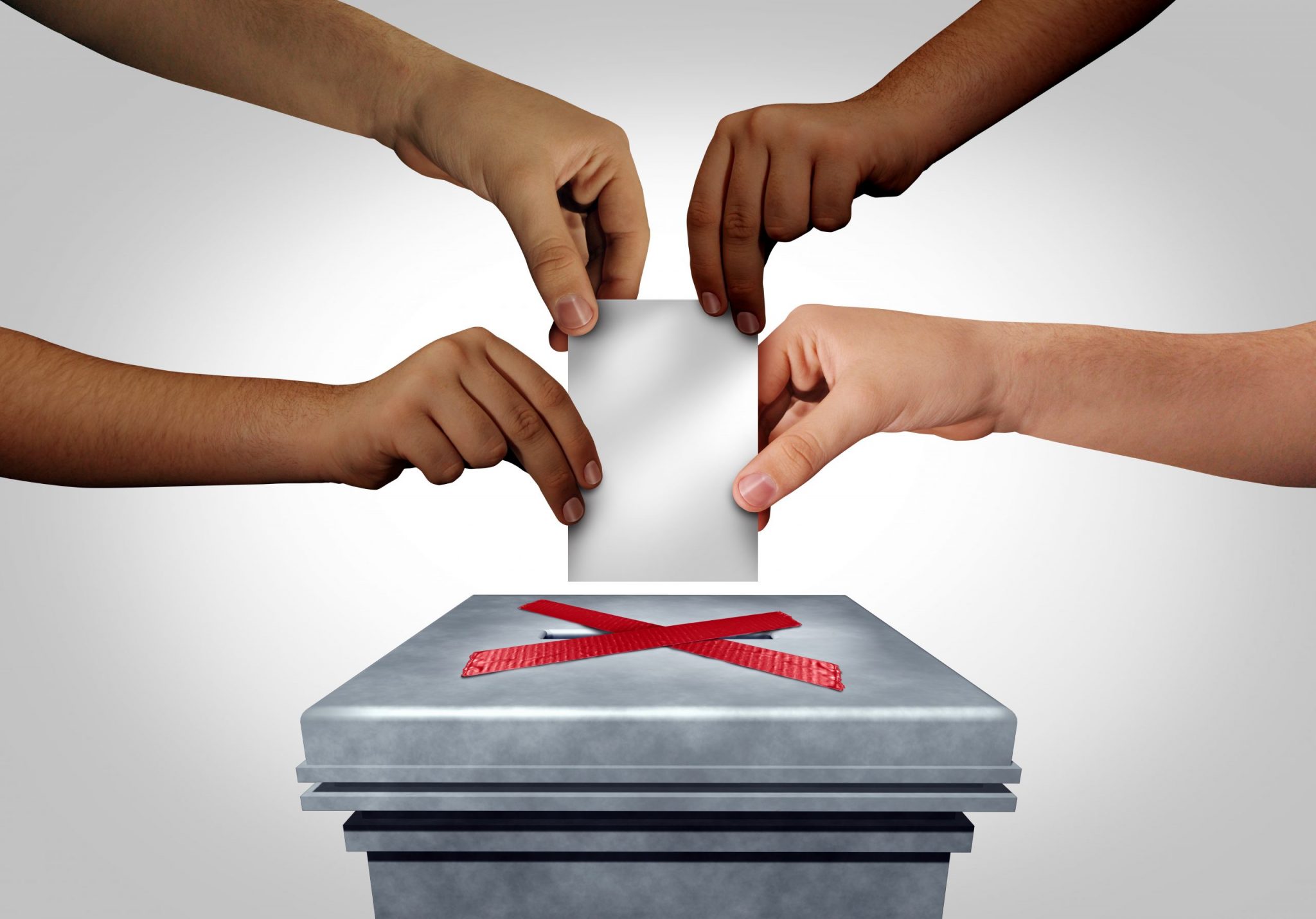As the first public hearings about the Jan. 6, 2021, insurrection underscored, the biggest current threat to the integrity of American elections is election subversion — i.e., efforts to interfere with or overturn the counting of votes or certification of elections. No genuine democracy retroactively changes election law after a vote to help a candidate, and while the United States has not yet crossed this Rubicon, it has also never been closer to crossing it in living memory.
However, the hearing also raised awareness of a second threat to the integrity of U.S. elections that is becoming increasingly urgent: unnecessary restrictions to vote casting. The 2020 presidential election was so successful, in part, because election officials took unprecedented steps to both secure their election processes and make them more accessible to voters during the pandemic. These actions not only contributed to the most secure election in U.S. history, but the highest voter turnout in over a century.
Rather than seeing the wisdom of expanded access, far too many states — fueled in part by the same mis- and disinformation arising that contributed to the insurrection — are unjustifiably reversing course, creating challenges for their 2022 elections and/or future ones.


